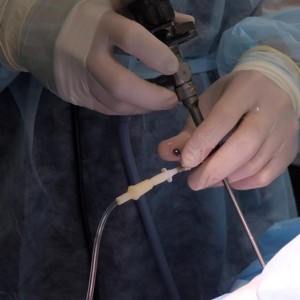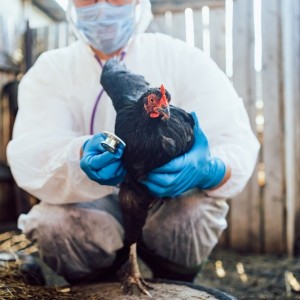Intranasal mast cell tumors in dogs
Mast cell tumors (MCTs) are an uncommon primary neoplasm of the nasal cavity in dogs for which there is a paucity of existing literature regarding their clinical behavior and molecular features. The objectives of this retrospective study were to examine the clinical findings, histopathologic and immunohistochemical features, and c-KIT mutation status of primary intranasal MCTs in dogs and identify potential prognostic factors.
Canine biopsies submitted to a diagnostic laboratory in Colorado between 2010 and 2019 with intranasal neoplasms diagnosed as MCTs and no history of cutaneous or oral MCT were considered. Immunohistochemistry for CD117 and Ki67 and polymerase chain reaction (PCR) for internal tandem duplications at exons 8 and 11 of the c-KIT gene were performed. Twenty out of 1849 (1%) primary intranasal neoplasms were MCTs. Metastases were reported in 11/20 cases (55%), with the mandibular lymph node representing the most common site. One case had distant metastases to abdominal viscera. Of the cases with available outcome data, 6/14 (43%) died or were euthanized from MCT-related disease within 1 year of the onset of clinical signs.
Only one case had a c-KIT mutation at exon 11. In our study, intranasal MCTs were prone to metastasize and had a generally poor prognosis, resembling the behavior of MCTs arising in other mucosal locations. While dogs with metastatic disease and survival times of <1 year tended to have atypical KIT localization, moderate to high Ki67 indices, and mitotic counts ≥8, definitive prognosticators could not be identified due to the limited number of cases with favorable clinical outcomes.
“Intranasal mast cell tumors: Clinical, immunohistochemical, and molecular features in 20 dogs” Eileen Larsen, et al. Vet Pathol. 2022 Jul 5;3009858221109100. doi: 10.1177/03009858221109100.














List
Add
Please enter a comment